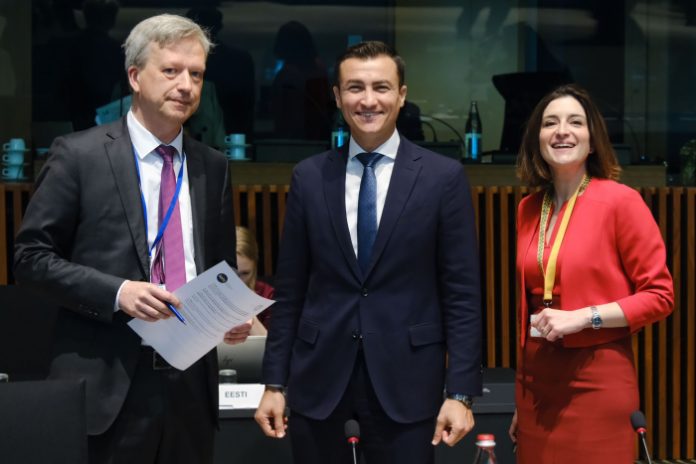During the council meeting, Minister Schembri actively contributed to the debate, particularly on the cost of deploying gigabit electronic communications networks, public sector interoperability, cybersecurity requirements and the future of the connectivity sector, which discussions continue to gain momentum as our economies increasingly become more digitalised.
Whilst the digital transformation creates significant opportunities, Ministers acknowledged that this is adding a new dimension to the conventional view of risk as manifested by the increased occurrence of cyber-attacks, and therefore the EU must be vigilant in ensuring a safe digital environment, particularly for internet-connected wired and wireless products, as well as software sold in the EU, and that customers must be well informed about the cybersecurity element of the products they purchase and utilise.
A key element of the discussion revolved around the interoperability of the public sector across the EU whereby public administrations should be able to cooperate more effectively to guarantee a seamless delivery of public services across borders, sectors, and organizational boundaries. This is an essential step to achieve digital transformation and support trusted data flows.
In his main intervention Minister Schembri reiterated that whilst there is always room for further investments in Europe’s telecommunications’ infrastructure for a stronger connectivity, we must acknowledge that the industry proved its resilience in the COVID-19 pandemic, and therefore any new proposals must respect this and do not disrupt something that has been effectively tried and tested. In particular, Minister Schembri expressed Malta’s disagreement with any proposal which possibly shifts the user-pays principle to a system where both users and content suppliers contribute financially.
“If we apply this argument to the electric car manufacturing industry, for example, would it make sense for European and third-country electric car manufacturers to be compelled to contribute to the electricity generation, road infrastructure and the numerous charging stations,” Minister Schembri asked, explaining that this may set a very dangerous precedent.
In his concluding remarks Minister Schembri called for prudence to ensure that any further action is adequately justified and supported with evidence of need and its impact extensively assessed.
In the margins of the same Council meeting Minister Schembri also held a number of bilateral meetings with fellow Mediterranean Ministers in anticipation of the EU Med 9 meeting that will be held in Malta in September for Digital Economy Ministers.










